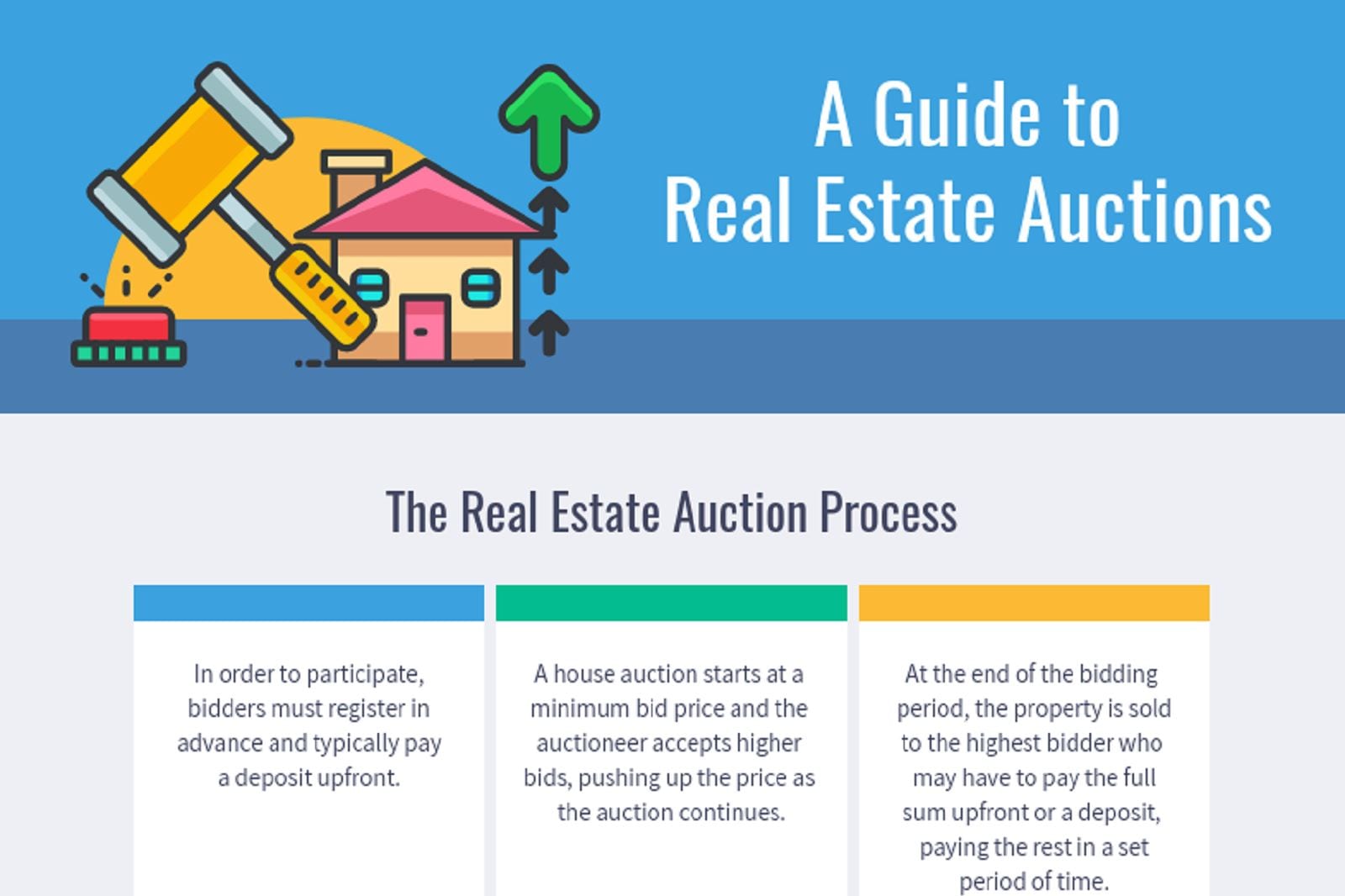Real Estate Auctions: A World Where Bargains and Surprises Await

Imagine walking into a room filled with anticipation, where bidders from all walks of life gather to snag the deal of a lifetime. Welcome to the world of real estate auctions, where the rules of traditional buying and selling are turned upside down. In this high-stakes arena, fortunes can be made – and lost – in a matter of minutes. But what’s really at play in these adrenaline-fueled events?
For starters, real estate auctions work on a simple premise: sellers want to offload properties quickly, often due to financial constraints or unfinished construction projects. Buyers, on the other hand, are on the lookout for discounted prices and potentially lucrative investment opportunities. Sounds straightforward enough, right?
Wrong. The reality is that real estate auctions can be complex, nuanced, and downright unpredictable. To navigate these treacherous waters, you’ll need to understand the different types of auctions, the risks involved, and the strategies that separate the winners from the losers.
Let’s begin with the basics. There are several types of real estate auctions, including:
- Foreclosure auctions: These occur when lenders take possession of properties due to non-payment by their owners. Foreclosure auctions can be a haven for savvy buyers, as prices are often significantly lower than market value.
- Tax auctions: When property owners fail to pay taxes, local governments can seize the property and sell it at auction. These events can be a treasure trove for buyers, as prices are frequently below market value.
- Absolute auctions: In this scenario, the seller has removed the reserve price, meaning the highest bidder wins the property, no matter the price.
- Minimum bid auctions: Here, the seller sets a minimum price that must be met for the auction to proceed.
Now that you know the types of auctions, let’s discuss the risks. Buying at auction can be a high-risk proposition, as bidders often have limited access to property information. This means you might not know the full extent of any renovation work required, or whether the property has any outstanding liens or back taxes.
To mitigate these risks, it’s essential to do your research beforehand. This includes:
- Inspecting the property: Try to visit the property before the auction, or work with a knowledgeable real estate agent who’s familiar with the location.
- Reviewing auction terms: Understand the rules of the auction, including the payment structure and any potential penalties for backing out.
- Setting a budget: Decide on a maximum bid amount and stick to it – it’s easy to get caught up in the excitement of the auction!
So, how do you actually win at a real estate auction? Here are some expert tips:
- Arrive prepared: Bring all necessary documents, including proof of funds and identification.
- Be bold: Don’t be afraid to start bidding early – this sets the tone for the rest of the auction.
- Stay calm: It’s easy to get caught up in the excitement, but keep a level head and stick to your strategy.
Real estate auctions can be a thrilling way to find discounted properties, but they’re not for the faint of heart. With careful research, a solid understanding of the auction process, and a healthy dose of strategic thinking, you can come out on top in this high-stakes world. Will you take the plunge and join the thousands of buyers who have found their dream homes – or investment opportunities – at a real estate auction?





